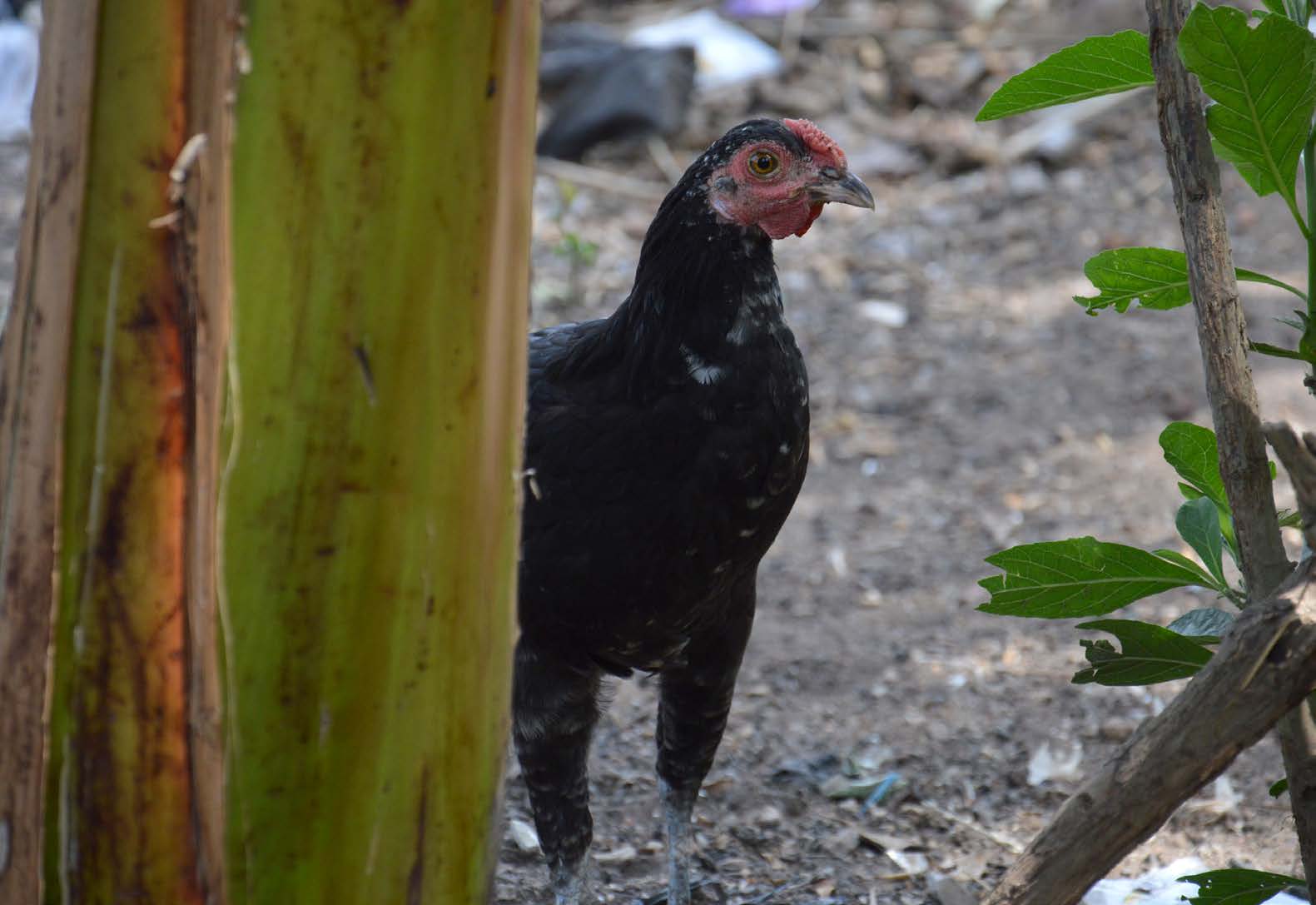A recent study conducted by CEJAD, Arnika, and IPEN reveals alarming levels of Persistent Organic Pollutants (POPs) in eggs sampled from two sites near medical waste incinerators in Kenya. POPs, including dioxins, PCBs, PFASs, brominated flame retardants other hazardous compounds, are known to persist in the environment and pose significant risks to human health.
The study underlines the role of medical waste incineration in releasing these toxic pollutants, which accumulate in food sources such as eggs. The findings call for urgent policy interventions, improved waste management practices, and stricter regulations on incineration to protect public health and the environment.
For more details, download the report here to read the full report.


